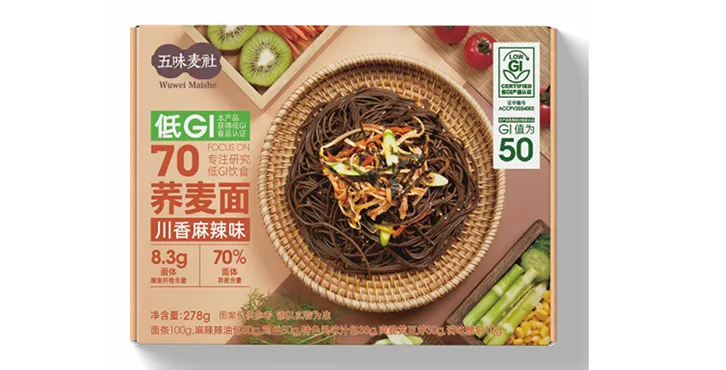soba made from
Soba Made From A Journey into the World of Buckwheat Noodles
Soba, a beloved staple of Japanese cuisine, represents more than just a dish; it embodies a rich cultural heritage and culinary tradition. Made primarily from buckwheat flour, soba noodles have gained popularity not only in Japan but also internationally, as people become more aware of their health benefits and unique flavor. In this article, we will explore the various aspects of soba, highlighting its ingredients, preparation methods, health benefits, and cultural significance.
The Foundation Buckwheat
The core ingredient of soba is buckwheat, a pseudocereal that is gluten-free, nutrient-dense, and versatile. Buckwheat is a hardy plant that thrives in poor soil conditions and has been cultivated for thousands of years, particularly in Asia and Eastern Europe. Unlike wheat, which contains gluten, buckwheat offers a safe alternative for individuals with gluten intolerance or celiac disease.
Buckwheat is rich in essential nutrients, including protein, fiber, and antioxidants. It also contains rutin, a flavonoid that promotes cardiovascular health by strengthening blood vessels and improving circulation. With a low glycemic index, soba is an excellent choice for those seeking to regulate blood sugar levels.
Crafting Soba Noodles
Soba noodles can be made from 100% buckwheat flour or blended with wheat flour for a different texture and flavor. The process of making soba is both art and science. Traditionally, artisans sift high-quality buckwheat flour before mixing it with water to form a dough. This dough is then carefully kneaded and rolled into thin sheets, which are cut into long, delicate strands.
In Japan, there are two main types of soba Zaru soba and Kake soba. Zaru soba is served cold with a dipping sauce, while Kake soba is served hot in a flavorful broth. Both styles showcase the versatility of soba and its ability to adapt to various culinary applications.
Health Benefits of Soba
soba made from

Soba noodles are often praised for their health benefits. Not only are they a great source of complex carbohydrates, which provide long-lasting energy, but they also offer a wealth of vitamins and minerals. B vitamins, particularly niacin, and riboflavin, are vital for energy metabolism and overall health.
Another significant benefit of soba is its high fiber content, which aids in digestion and helps maintain a healthy weight. The antioxidants found in buckwheat can also contribute to reducing inflammation and combating oxidative stress, making soba a nourishing addition to any diet.
Incorporating soba into meals can promote a balanced lifestyle. Whether enjoyed in a salad, stir-fry, or as part of a traditional Japanese dish, soba offers endless possibilities for healthy eating.
Cultural Significance
Soba is deeply embedded in Japanese culture and tradition. It is often served on special occasions and celebrated during the New Year's Eve tradition of Toshikoshi Soba, where eating soba is believed to symbolize a long and prosperous life. Soba shops, known as soba-ya, are cherished establishments where families gather to enjoy this beloved dish.
Furthermore, many regions in Japan are known for their unique soba varieties, each with distinct flavors and characteristics. For example, Nagano Prefecture is famous for its high-quality soba due to the region's clean air and water. These local variations add to the richness of soba culture and encourage culinary exploration.
Conclusion
Soba made from buckwheat flour is more than just a delicious dish; it is a reflection of health, culture, and tradition. As people around the world continue to seek out healthier food options, soba stands out as an excellent choice, offering exceptional nutritional benefits and culinary versatility. Whether you are savoring a bowl of zaru soba on a hot summer day or enjoying a warm serving of kake soba during winter, this timeless dish connects us to the roots of Japanese cuisine and invites us to appreciate the simple yet profound joys of food.
-
Unleash Your Inner Chef with Delectable Italian Pasta CreationsNewsAug.01,2025
-
Savor Health and Flavor: Irresistible Soba Noodles for Sale Await!NewsAug.01,2025
-
Nourish Your Body with Premium Organic Ramen - A Culinary Delight AwaitsNewsAug.01,2025
-
Elevate Your Dishes with Our Exquisite Kinds of Egg NoodlesNewsAug.01,2025
-
Dive into Flavorful Convenience with Our Ramen OfferingsNewsAug.01,2025
-
Discover Exquisite Types of Naengmyeon and Chilled Soba NoodlesNewsAug.01,2025
-
Is Whole Wheat Pasta Healthy?NewsMay.30,2025
Browse qua the following product new the we

















































































































